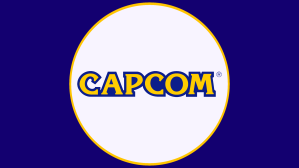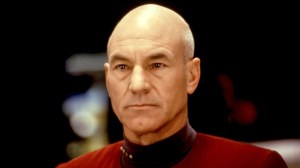With a new Marvel Studios film now in theaters, audiences were delivered all-new glimpses into the future of the Marvel Cinematic Universe with a mid-credits sequence teasing the franchise’s future. With Black Panther in theaters now, director Ryan Coogler explained precisely what he aimed to do with the film’s mid-credits sequence.
Videos by ComicBook.com
***WARNING: Spoilers below for Black Panther***
One of the biggest plot points in Black Panther is the advanced technology of Wakanda, which is a secret kept from the rest of the world. While some members of the nation’s elite want to ensure this knowledge stays a secret, others believe it’s time to bring this technology to the rest of the world, with the mid-credits scene depicting T’Challa (Chadwick Boseman) addressing the United Nations.
“For the first time in our history, we will be sharing knowledge and resources with the rest of the world,” T’Challa shared. Dismissive journalists in attendance question what such a poor country has to offer anyone else.
“When people say, ‘This film is a political movie,’ well, yeah. Black Panther is a politician,” Coogler shared with Entertainment Tonight. “It’s the first MCU film about a politician, so it should be the most political one. And if this character has to make a governmental address, what kind of stuff would he say?”
Audiences first met T’Challa in Captain America: Civil War where he was depicted as a representative of his country at the signing of the Sokovia Accords, only for a bomb to kill his father and many others. It only makes sense that Black Panther continues to depict the character as more than someone who can handle himself in a brawl,but can also handle heated political debates.
During his addresses, T’Challa notes, “The foolish build barriers while the wise build bridges.” In addition to this being a compelling piece of dialogue, Coogler notes how much the lines reflect our current political climate.
“That’s an African proverb that my wife found while we were working on it,” Coogler noted. “We wrote that stuff when Obama was president.”
Coogler also noted that he drew inspiration for the scene from his reaction to watching Tony Stark (Robert Downey, Jr.) reveal his alter ego at a press conference in the original Iron Man.
“‘Oh man, I wish that dude was really around! — because the world looks like the real place — Oh, I wish there was an Iron Man that could jump in a suit and do cool stuff and say cool stuff at press conferences,’” the director recalled thinking. “For us, I found myself looking up to [T’Challa] and aspiring to that.”
Black Panther is now in theaters. It will be followed by Avengers: Infinity War on May 4th, Ant-Man and the Wasp on July 6th, Captain Marvel on March 8, 2019, the fourth Avengers movie on May 3, 2019, the sequel to Spider-Man: Homecoming on July 5, 2019, and Guardians of the Galaxy Vol. 3 in 2020.
[H/T Entertainment Tonight]








